Associate Professor, Dr. Le Thi Thu Hien, Director of the Department of Cultural Heritage, affirmed that to protect living heritage, the community and the heritage holders must be considered the center.
This was affirmed by Associate Professor, Dr. Le Thi Thu Hien, Director of the Department of Cultural Heritage, at the workshop Living Cultural Heritage and Sustainable Development: From a Human-Centered Approach recently held in Hanoi. The workshop is within the framework of the Cultural Heritage program towards Equal Development.
At the workshop, many important contents were discussed and shared such as: International focus on Living cultural heritage and sustainable development; Opportunities and challenges in cultural heritage associated with sustainable development; Living cultural heritage and a people-centered approach; Living cultural heritage and community participation...
The subject holding the heritage must be the center
Speaking at the workshop, Associate Professor Dr. Le Thi Thu Hien, Director of the Department of Cultural Heritage (Ministry of Culture, Sports and Tourism) affirmed that intangible cultural heritage, or "living heritage", is very important, creating opportunities for communities and individuals to be aware of identity and continuity.
Heritage can promote social cohesion, respect cultural diversity and human creativity, and help communities and individuals connect with each other at the local level, as well as with the wider world.
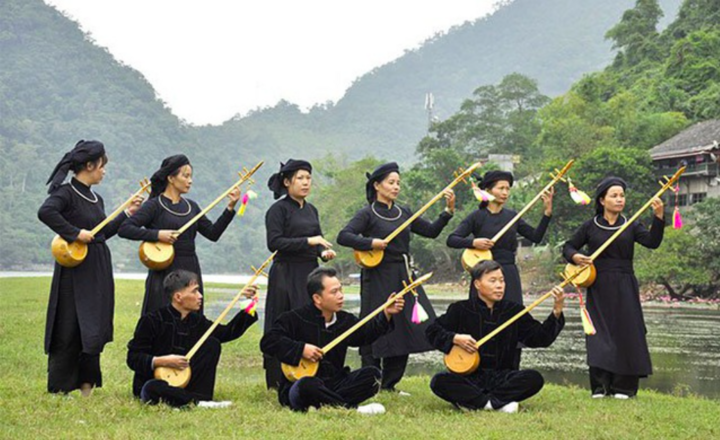
The Director of the Department of Cultural Heritage affirmed that to protect living heritage, the community and the heritage holders must be considered the center. (Photo: Ministry of Culture, Sports and Tourism)
The field of intangible cultural heritage in Vietnam was legalized in 2001. In 2005, Vietnam was also one of the 30 early member countries to join the 2003 UNESCO Convention for the Safeguarding of Intangible Cultural Heritage. Up to now, after 18 years of joining the Convention, Vietnam has always strived to demonstrate its active and responsible membership in implementing and promoting the development of the Convention in Vietnam.
Having been elected twice as a member of the Intergovernmental Committee of the 2003 Convention and having 15 intangible cultural heritages recognized by UNESCO, Vietnam has systematically implemented the protection and promotion according to the National Action Programs for the protection of heritages committed to UNESCO after being recognized.
Intangible cultural heritage has affirmed its role in cultural and social life, contributing to economic development, tourism and sustainable development.
“That shows the recognition of the importance of intangible cultural heritage and its contribution to sustainable development and cultural diversity. Regulations related to intangible cultural heritage aim to protect living heritage; ensure respect for heritage that has been clearly stipulated in the law, contributing to raising awareness of the community and society about the importance of heritage and also awareness of protecting and promoting the value of heritage…” Assoc . Prof. Dr. Le Thi Thu Hien emphasized.
Also according to Associate Professor, Dr. Le Thi Thu Hien, held, practiced and passed down from generation to generation, intangible cultural heritage and living heritage are constantly recreated by communities and groups of people to adapt to the environment, to the relationship between the community, with nature and their history, forming in them a sense of identity and continuity, thereby encouraging respect for cultural diversity and human creativity.
The Director of the Department of Cultural Heritage affirmed that to protect living heritage, we must consider the community, the subject holding the heritage as the center, because protecting living heritage, protecting the people holding the heritage is the most important thing to build a comprehensive, resilient and sustainable society for the future.
Mr. Iain Frew, British Ambassador to Vietnam, highly appreciated the values of tangible and intangible cultural heritage in Vietnam. He said that Vietnam has an increasing number of cultural heritages recognized domestically and internationally. Vietnam is also seeking to make the most of these values, ensuring that cultural heritage will become the center of sustainable development.
Changing Perception
Through discussions and case studies, the workshop looked at appropriate strategies, challenges and opportunities in leveraging intangible heritage to achieve sustainable development goals; while also honoring the contributions of communities, affirming their importance and central role in this transformation process.
According to Dr. Nguyen Thi Thu Trang (Department of Cultural Heritage), as a human resource with high intellectual quality, cultural heritage has the ability to serve the development needs of cultural industries, most typically the development of cultural tourism or heritage tourism.
Based on the national cultural heritage, the tourism industry creates cultural services that turn heritage into special goods. Heritage tourism also creates sustainable livelihoods for communities living around cultural heritage and tourist destinations.
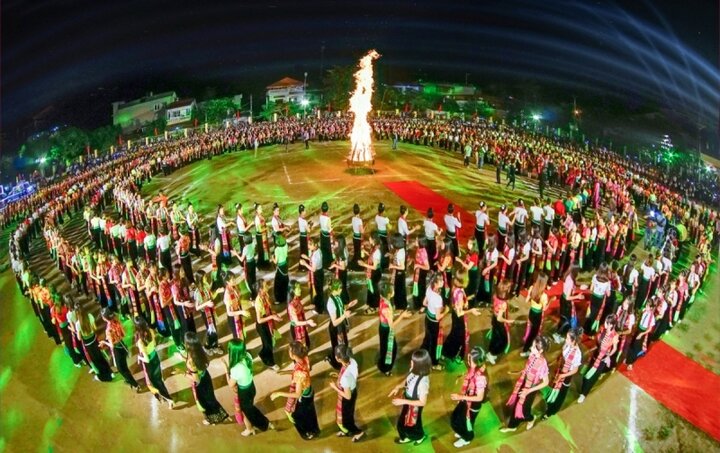
Cultural heritage is only preserved when it is used and promoted to serve the goal of comprehensive development of the Vietnamese people. (Photo: VOV)
Dr. Nguyen Thi Thu Trang believes that cultural heritage can only be preserved when it is used and promoted to serve the goal of comprehensive development of the Vietnamese people.
Cultural heritage must be preserved as a living organism, in the continued development of the community and creating sustainable livelihoods for the community. The great goals set can only be achieved on the basis of a system of laws, mechanisms and policies created by the state and receiving consensus and enthusiastic support from the entire social community...
Ms. Nikki Locke, Head of Cultural Heritage Projects for Inclusive Growth of the British Council globally shared that in the UK, the government established a National Cultural Heritage Fund. This fund is used to implement many different projects, which is a great opportunity for the community to access and obtain the necessary capital to preserve the cultural values and cultural heritage that the community and the owners of that heritage desire.
The representative of the British Council also said that there should be more initiatives to encourage and promote the spirit of volunteering for cultural heritage in the communities. The implementation of the project should prioritize reaching out to the elderly and intellectuals in ethnic groups because they are the ones with great influence, promoting communication about the important role and capacity of local people in preserving the cultural heritage that belongs to them.
She proposed the solution of setting up mini-museums in the community - places to display traditional costumes, labor tools, objects used for ceremonies, musical instruments, and homemade family products.

The Ministry of Culture, Sports and Tourism needs to have a policy to attract staff in the field of museums and heritage. 0

Vietnam elected member of World Heritage Committee 0

Which province has 2 monuments recognized by UNESCO as world heritage sites? 0

'Heritage Footsteps' by Hoang Cong Cuong and Ha Vy won the award for foreign information 0
Source


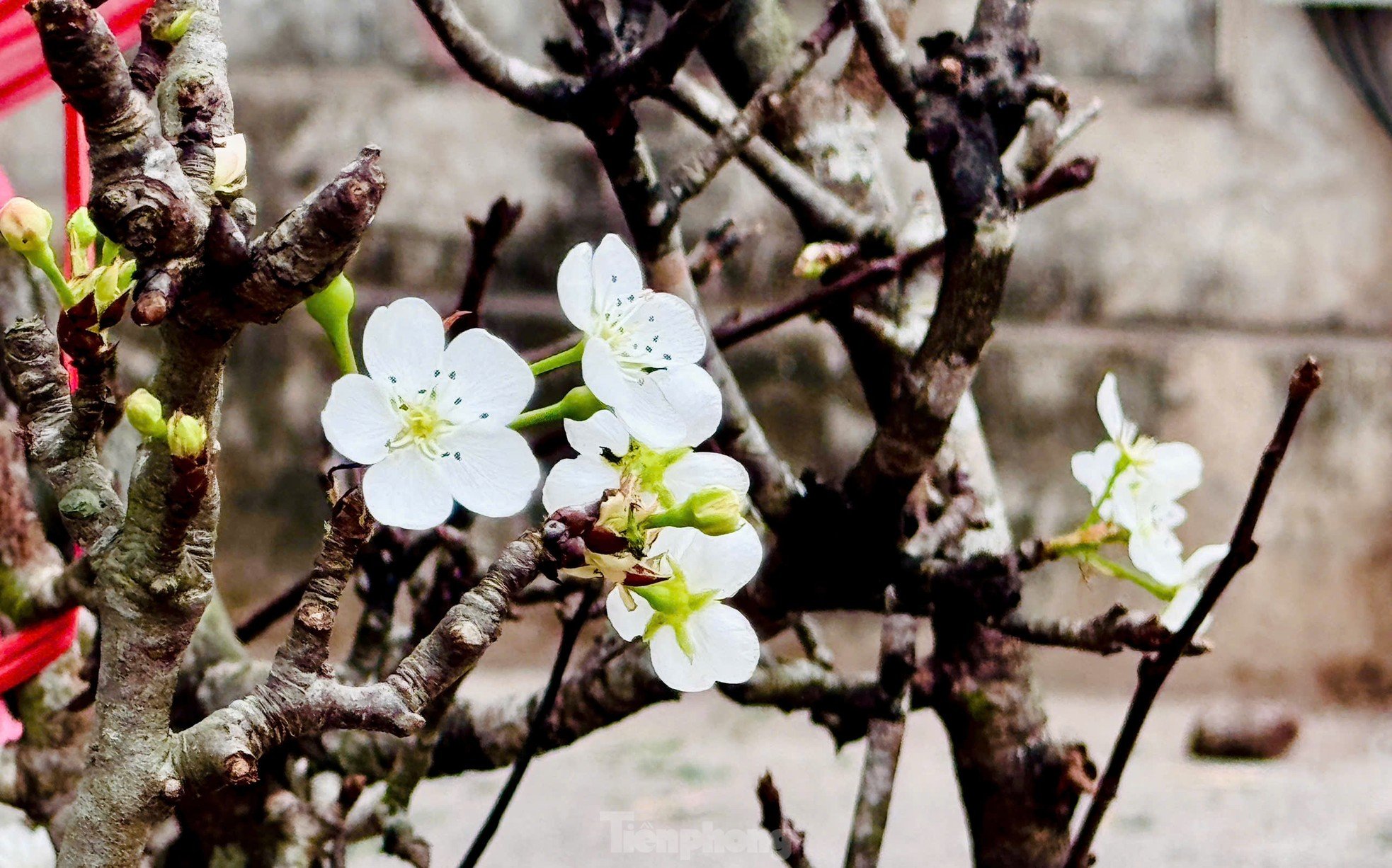



























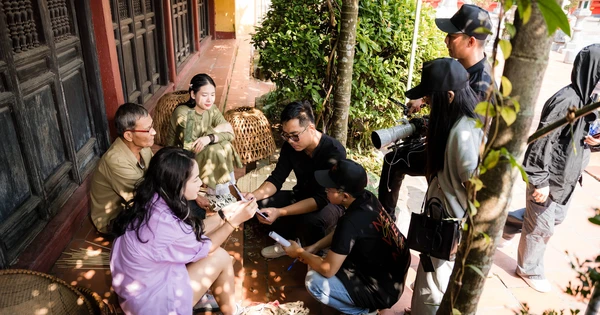

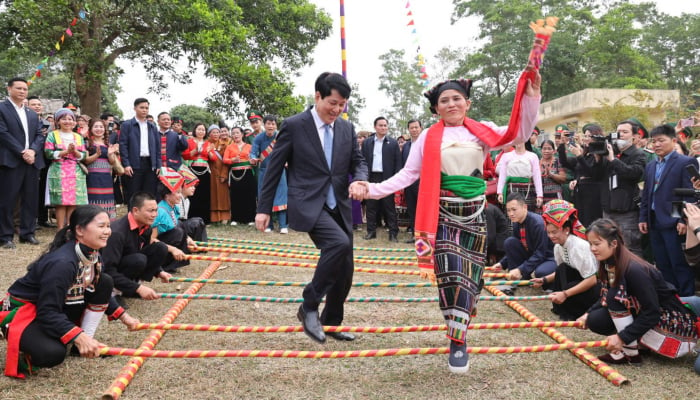

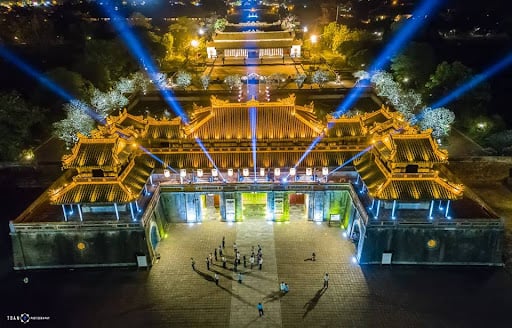


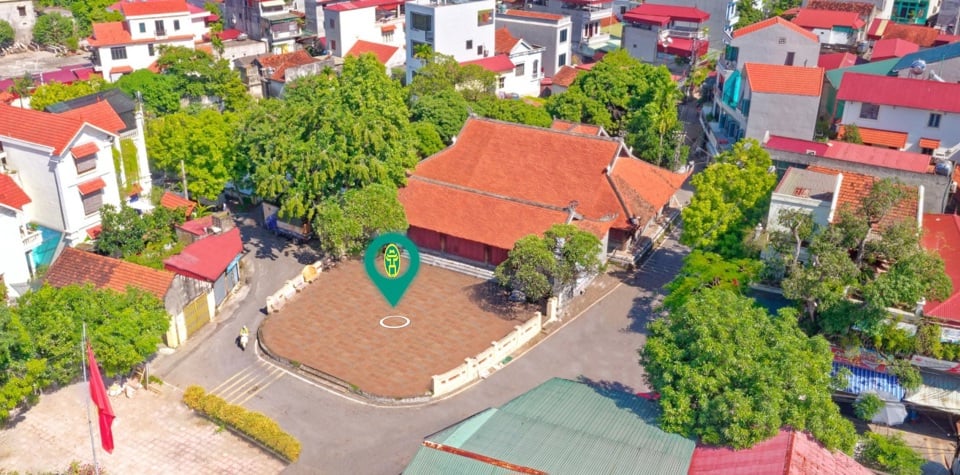

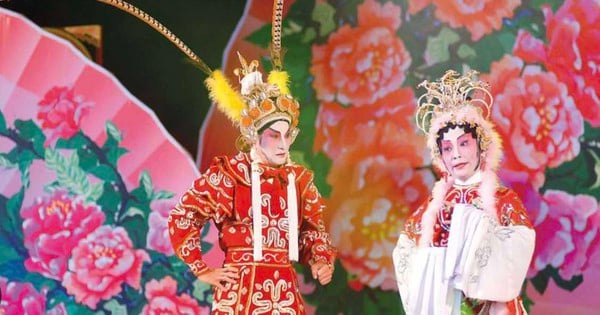

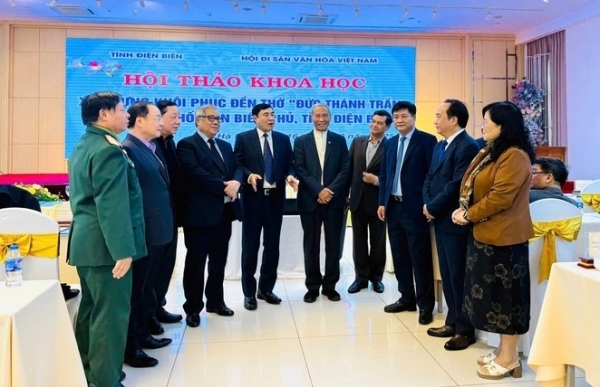

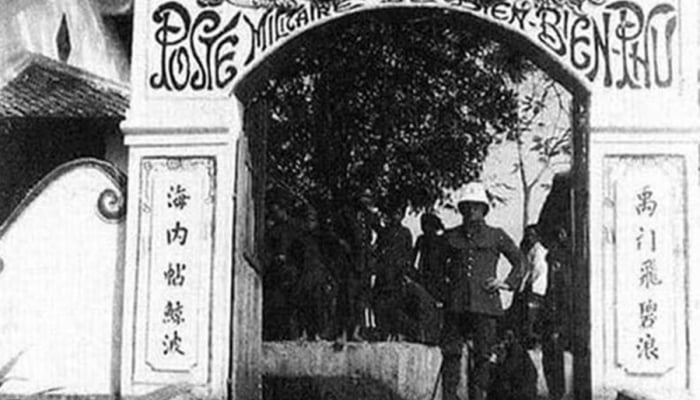


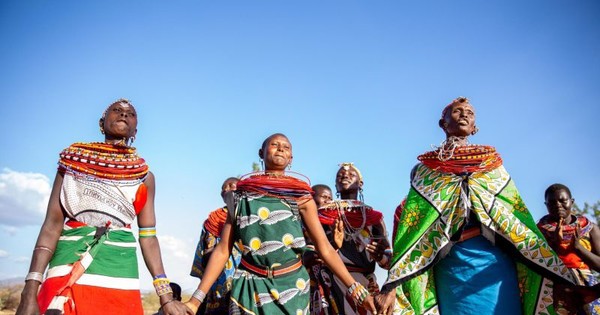

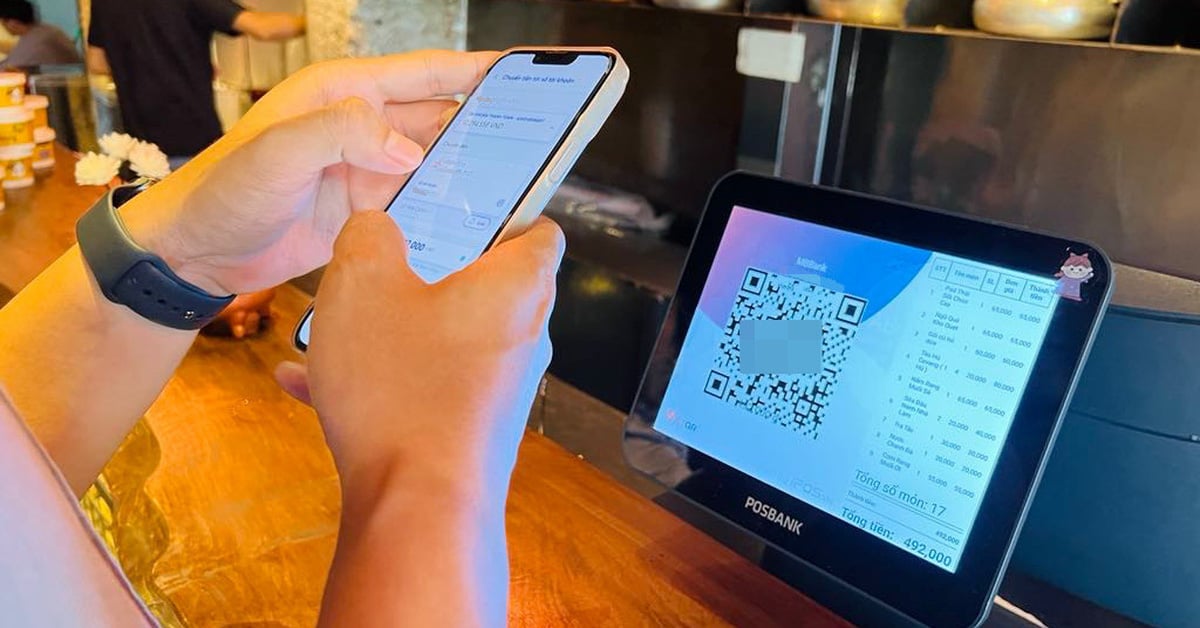

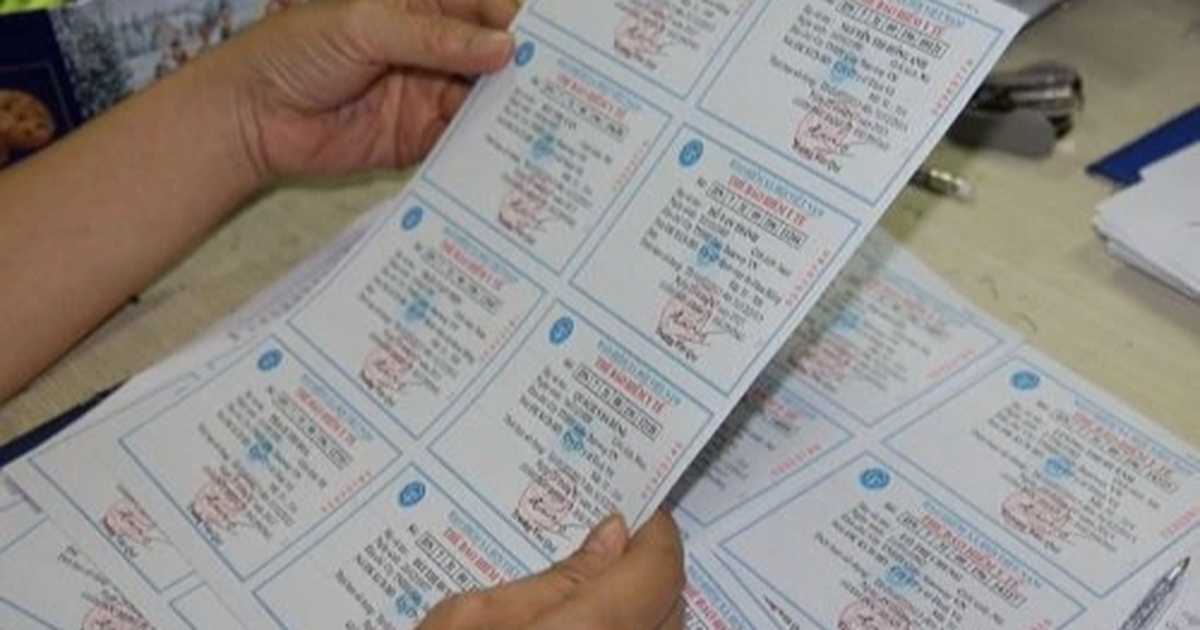




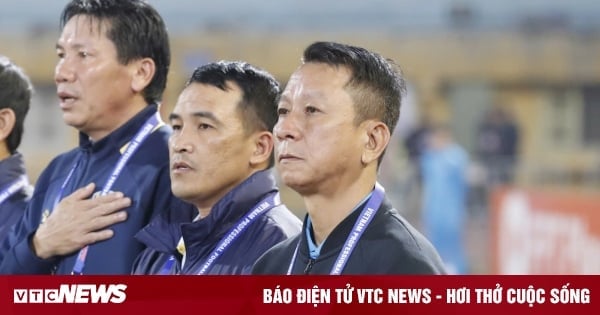












Comment (0)